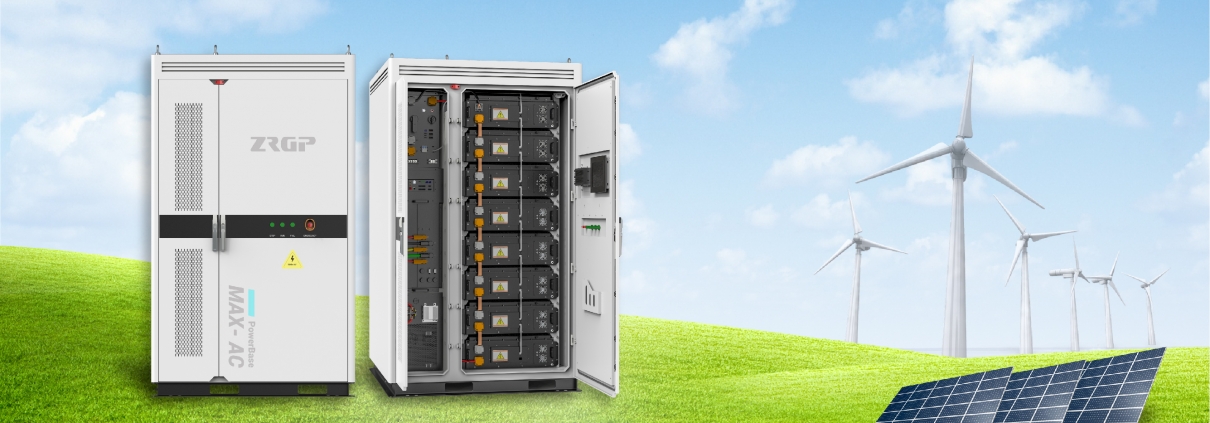Lithium-Ion Battery Energy Storage: Empowering the Future of Renewable Energy
As the world races towards a sustainable future, the significance of energy storage technologies becomes increasingly paramount. Among these, lithium-ion batteries have emerged as a game-changer in the realm of energy storage, driving the transition towards renewable energy sources. In this article, we’ll delve into the captivating world of lithium-ion battery energy storage, exploring its inner workings, applications, environmental impact, and promising advancements.
Understanding Lithium-Ion Batteries
The Chemistry Behind the Power
At the heart of every lithium-ion battery lies intricate chemistry. Lithium ions move between positive and negative electrodes during charge and discharge cycles. This movement is enabled by the transfer of electrons, facilitating the flow of electrical energy.
Components of a Lithium-Ion Battery
A typical lithium-ion battery comprises several key components, including electrodes, separators, electrolytes, and collectors. These elements work in synergy to store and release energy efficiently.
Lithium-Ion Battery Technology
Lithium-ion technology has emerged as a pivotal advancement in the realm of energy storage, particularly in Battery Energy Storage Systems (BESS). Its remarkable attributes, including elevated energy density, enhanced efficiency, and extensive discharge cycles, underscore its paramount significance.
With its expanding adoption, there has been a substantial reduction in the cost of lithium-ion batteries. This cost decline has played a pivotal role in facilitating their widespread implementation. It is anticipated that the continued progress of lithium-ion technology will sustain its pivotal role in propelling the demand for BESS, both within the United States and on a global scale.
What Are the Advantages of Lithium-Ion Battery Energy Storage?
High Energy Density: Lithium-ion batteries possess a high energy density, meaning they can store a large amount of energy in a relatively small and lightweight package. This makes them well-suited for applications where space is limited.
Efficiency: Lithium-ion batteries are known for their high charge and discharge efficiency. This means that a relatively small amount of energy is lost as heat during charging and discharging processes, resulting in less waste and more effective energy utilization.
Fast Charging: Lithium-ion batteries can be charged relatively quickly compared to some other battery technologies. This feature is particularly important in applications where rapid charging is essential, such as electric vehicles.
Long Cycle Life: A well-designed and well-maintained lithium-ion battery can undergo hundreds to thousands of charge-discharge cycles before its capacity significantly degrades. This longevity makes them suitable for long-term energy storage applications.
Low Self-Discharge: Lithium-ion batteries have a low self-discharge rate, meaning they lose their charge slowly when not in use. This property allows them to retain stored energy over extended periods without frequent recharging.
Modularity and Scalability: Lithium-ion battery energy storage systems can be easily scaled by adding more battery modules. This modular design makes it feasible to tailor the system’s capacity to specific energy needs.
Compact Size: The compact size and relatively light weight of lithium-ion batteries make them suitable for various applications, including portable electronics, residential energy storage, and integration into existing infrastructure.
Wide Range of Applications: Lithium-ion batteries find applications in diverse fields, from small devices like smartphones and laptops to larger systems like electric vehicles and grid-level energy storage.
Reduced Maintenance: Unlike some other battery technologies, lithium-ion batteries do not require frequent maintenance or periodic full discharges to maintain their health. This makes them more convenient for users.
Environmental Friendliness: Lithium-ion batteries are generally more environmentally friendly compared to certain older battery types, as they do not contain toxic materials like lead-acid batteries do.
Declining Costs: As technology advances and production scales up, the cost of lithium-ion batteries has been decreasing, making them more accessible for various applications.
Integration with Renewable Energy: Lithium-ion batteries can store excess energy generated by renewable sources like solar and wind, allowing for smoother and more reliable energy supply when these sources are intermittent.



